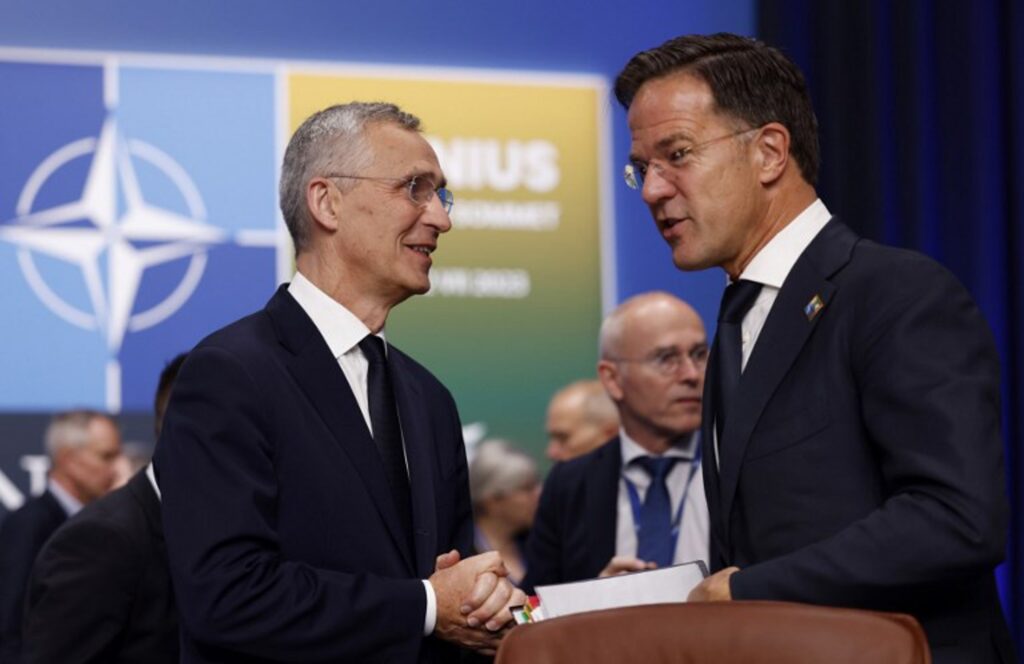NATO Member States aim to appoint a new secretary-general before the organisation’s 75th anniversary on 4 April, diplomatic sources revealed on Thursday.
This was first disclosed last week by French newspaper ‘Le Figaro,’ which suggested that the appointment could be officially confirmed during NATO's summit in Washington, USA, on 9-11 July.
The new secretary-general would replace Jens Stoltenberg, a former Norwegian Prime Minister, who has held the position since October 2014. This puts his tenure close to a record, thanks to two extensions beyond his initial four-year mandate.
The process of choosing a secretary-general is often an opaque exercise resulting from negotiations among ambassadors from the 31 NATO member countries, guided by their respective capitals. Currently, the Croatian representative, Mario Nobilo, holds the responsibility of building consensus among Member States.
Traditionally, an unwritten rule stipulates that this position is given to a European since the Supreme Allied Commander Europe (SACEUR) – in charge of the U.S. nuclear “umbrella” in Europe since the Cold War – is American.
Three candidacies have come forward, with Mark Rutte, the outgoing Dutch Prime Minister, seen as the frontrunner. After serving as head of government for thirteen years, he had initially expressed interest in October 2021 and has since reportedly secured the backing of more than half of the allied nations, including Washington and Paris.
Other contenders include Estonian Prime Minister Kaja Kallas and Latvian Foreign Minister Krisjanis Karins.
Ms. Kallas’ candidacy is notable as she could become the first female Secretary-General of NATO and hails from a nation that significantly exceeds the stipulated minimum 2%-of-GDP defence spending target. However, her demonstrative stance on Russia and revelations about her husband’s company delivering goods there during the war, despite sanctions, are likely to impair her chances.
Meanwhile, Latvia passed the 2%-of-GDP defence spending target last year while the Netherlands is expected to meet it in 2024, according to Mr Rutte.
U.S. President Joe Biden’s administration is reportedly seeking to expedite the appointment process to avoid a clash with the European Union’s top job assignments following the June European elections. This includes uncertainty surrounding the potential second-term run of the current European Commission President, Ursula von der Leyen.

